There’s no doubt that eggs are a staple food for anyone who wants to boost their protein intake, but they’re far from the only option. Maybe you have dietary restrictions, allergies, or simply want to diversify your meals. If that sounds like you, there are plenty of other options that offer just as much—if not more—protein. In this article, we’ll look at some great plant-based staples and hearty animal-based options to keep your meals nutritious and varied.
Lentils
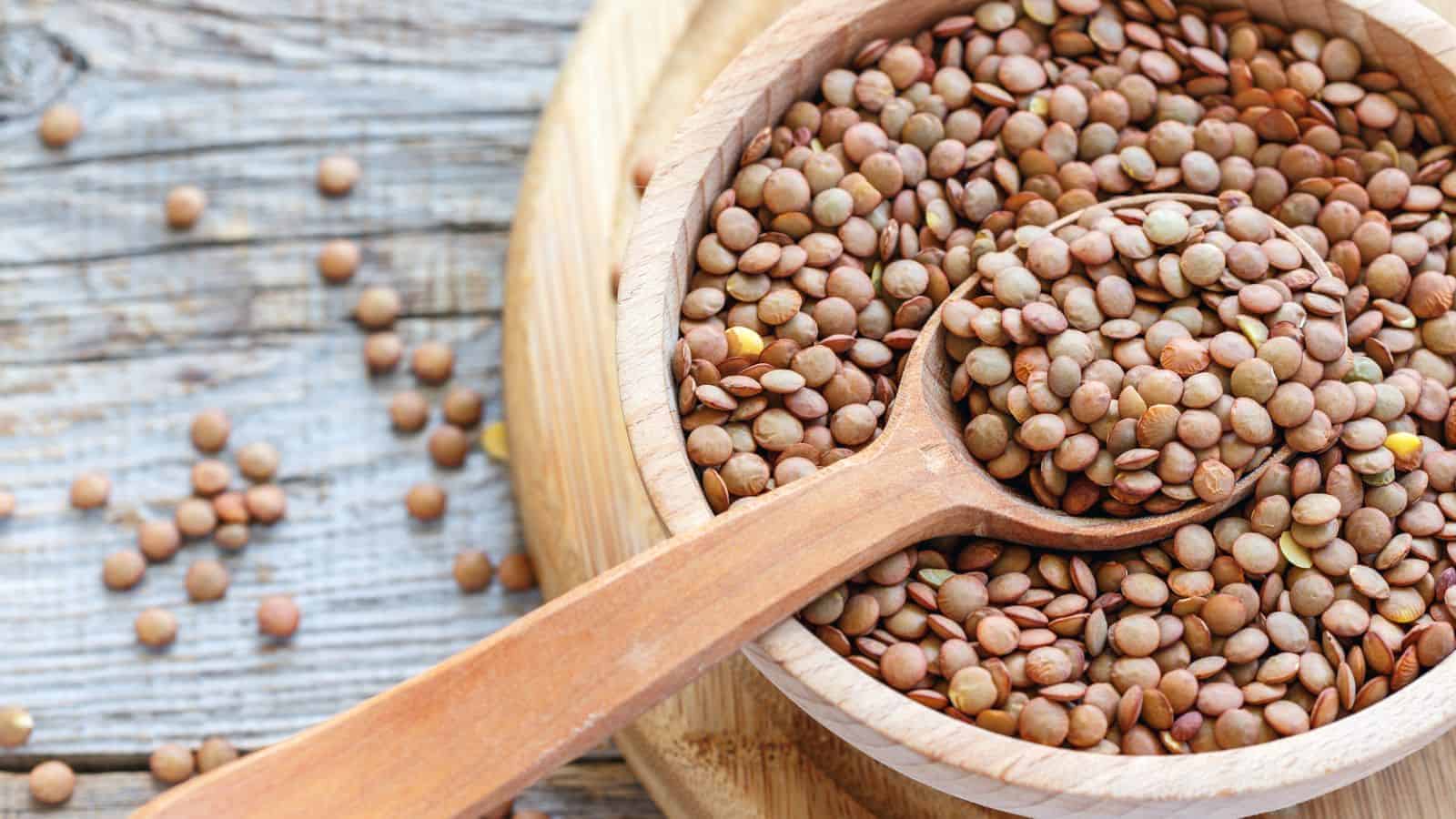
If you’re looking for a plant-based source of protein, lentils are a wonderful option. In fact, they’re one of the most protein-packed legumes out there, with a single cooked cup offering an impressive 18 grams of protein, along with a hefty dose of dietary fiber and essential nutrients like folate and iron.
They’re also incredibly versatile, fitting seamlessly into soups, curries, salads, and even veggie burgers. For a quick and satisfying meal, try spicing up lentils with cumin and garlic, or add them to your favorite stew to create a heartier dish.
Chickpeas
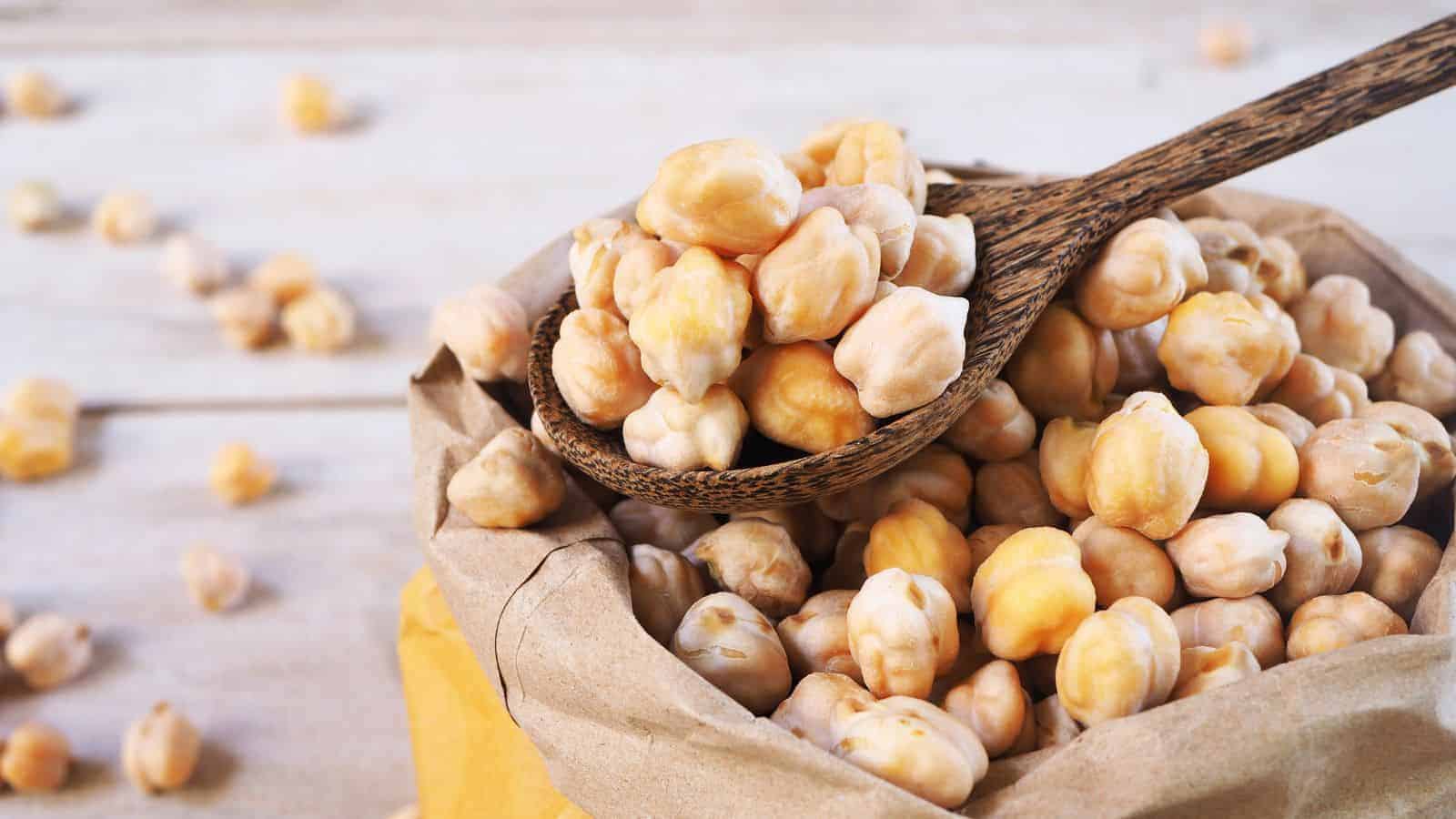
Chickpeas, which you might know as garbanzo beans, provide around 15 grams of protein per cooked cup. They have a tasty nutty flavor and firm texture, so it’s no wonder they’re a favorite in dishes all over the world, especially in Middle Eastern hummus and Indian curries.
You can roast them with olive oil and spices for a crunchy snack, or mash them up with tahini and lemon juice for a creamy, protein-rich dip. To add more variety to your meals, you can even use chickpeas as the base for high-protein veggie patties.
Quinoa
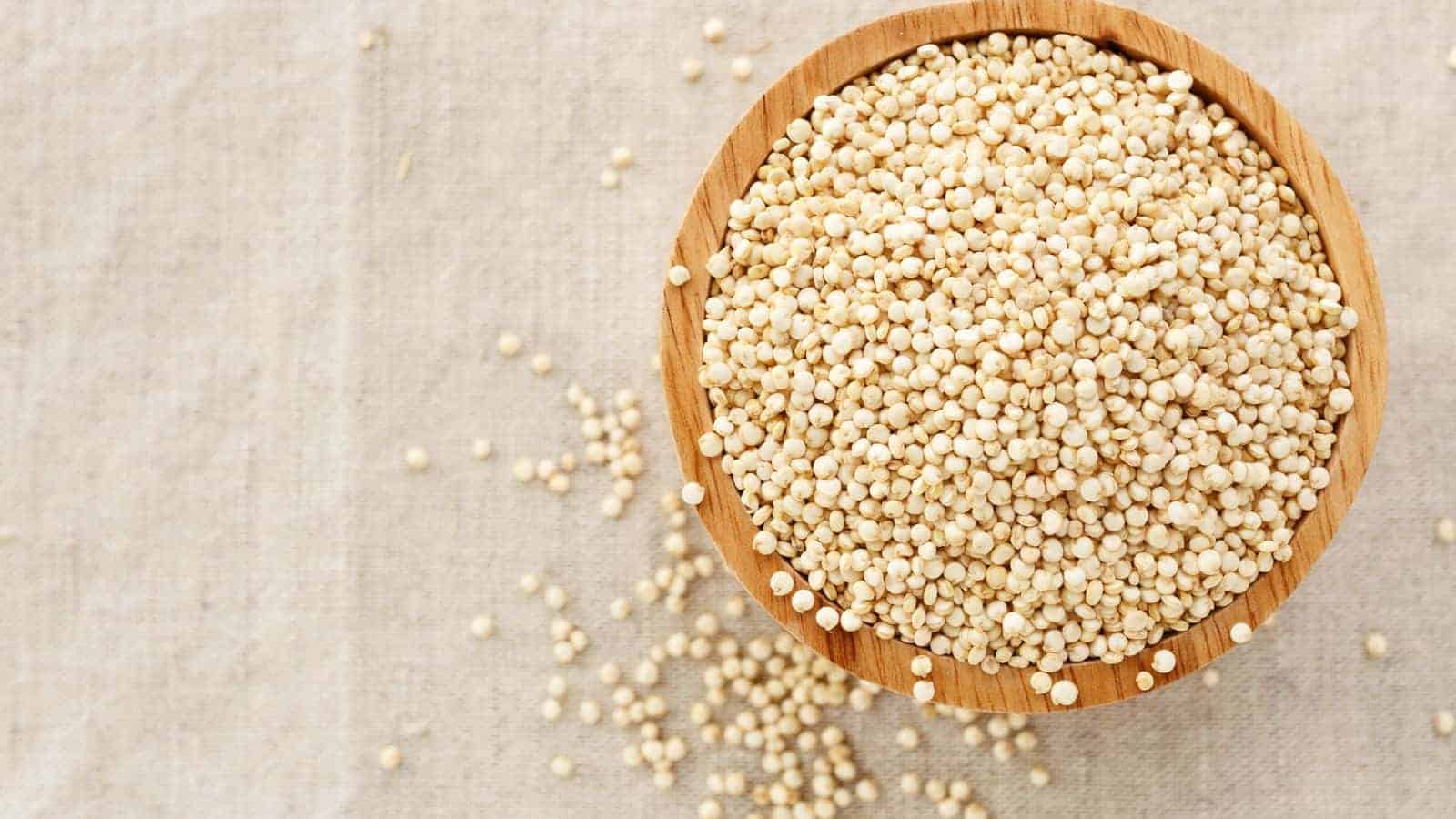
If you thought quinoa was a grain, you’re not the only one. But it’s actually classed as a seed, and it’s celebrated for being a complete protein containing all nine essential amino acids. One cup provides around 8 grams of protein, along with a healthy dose of magnesium, fiber, and iron.
Its slightly nutty flavor pairs beautifully with roasted vegetables, leafy greens, or grilled chicken. For breakfast, you might want to swap out your oatmeal for a bowl of quinoa cooked with almond milk, topped with fruit and nuts.
Tofu
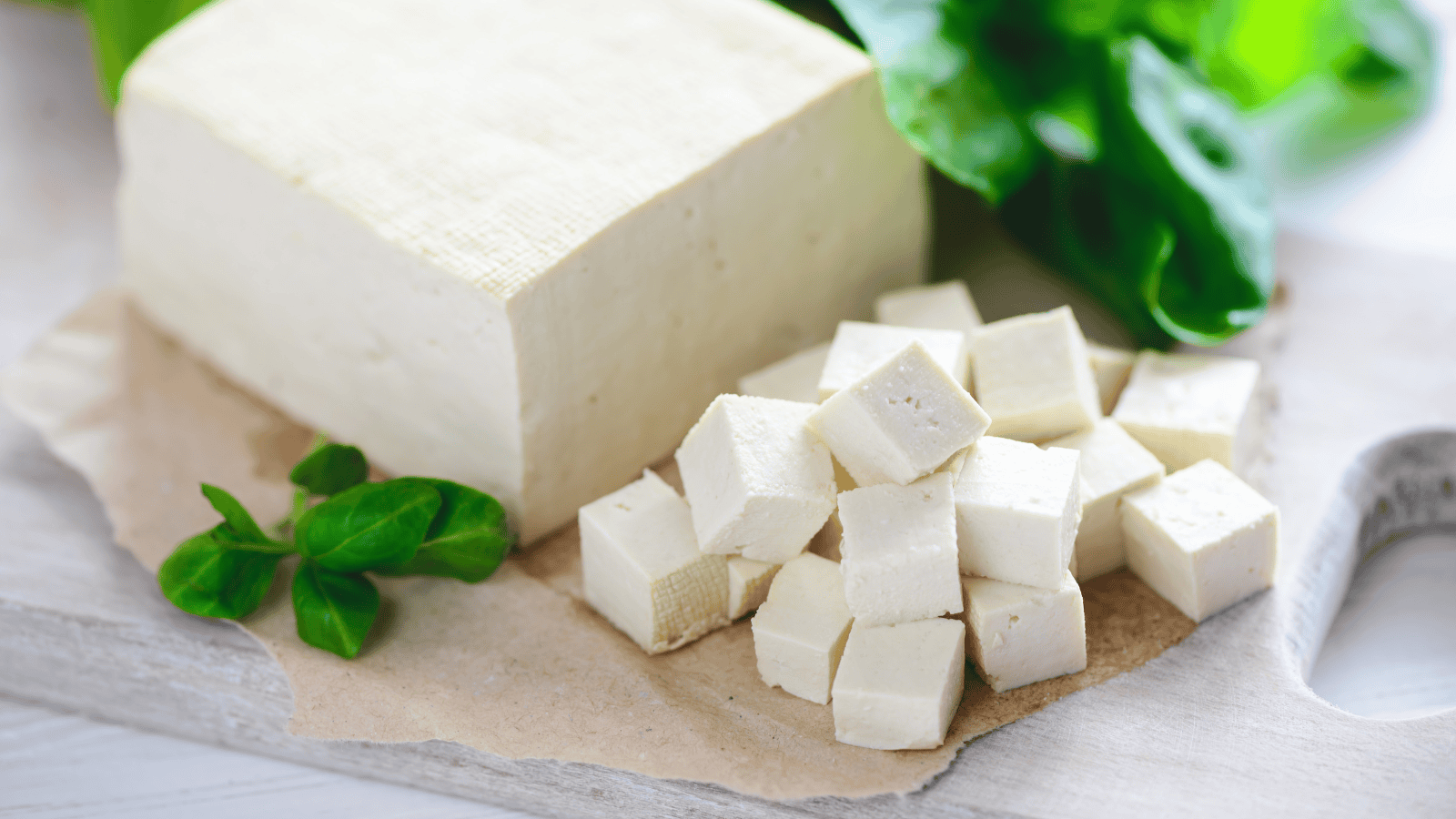
Tofu is a favorite among vegetarians and vegans, and it’s easy to see why. Because it’s made from soybeans, tofu is a protein powerhouse, boasting about 10 grams of protein per 100 grams. Its adaptability is another one of its greatest strengths since it can take on a variety of flavors depending on how it’s prepared.
You could either marinate and bake it, stir-fry it with vegetables, or crumble and sauté it as a scrambled egg replacement. But no matter how you cook it, you can be sure tofu will add a healthy and substantial protein boost to your meal.
Tempeh
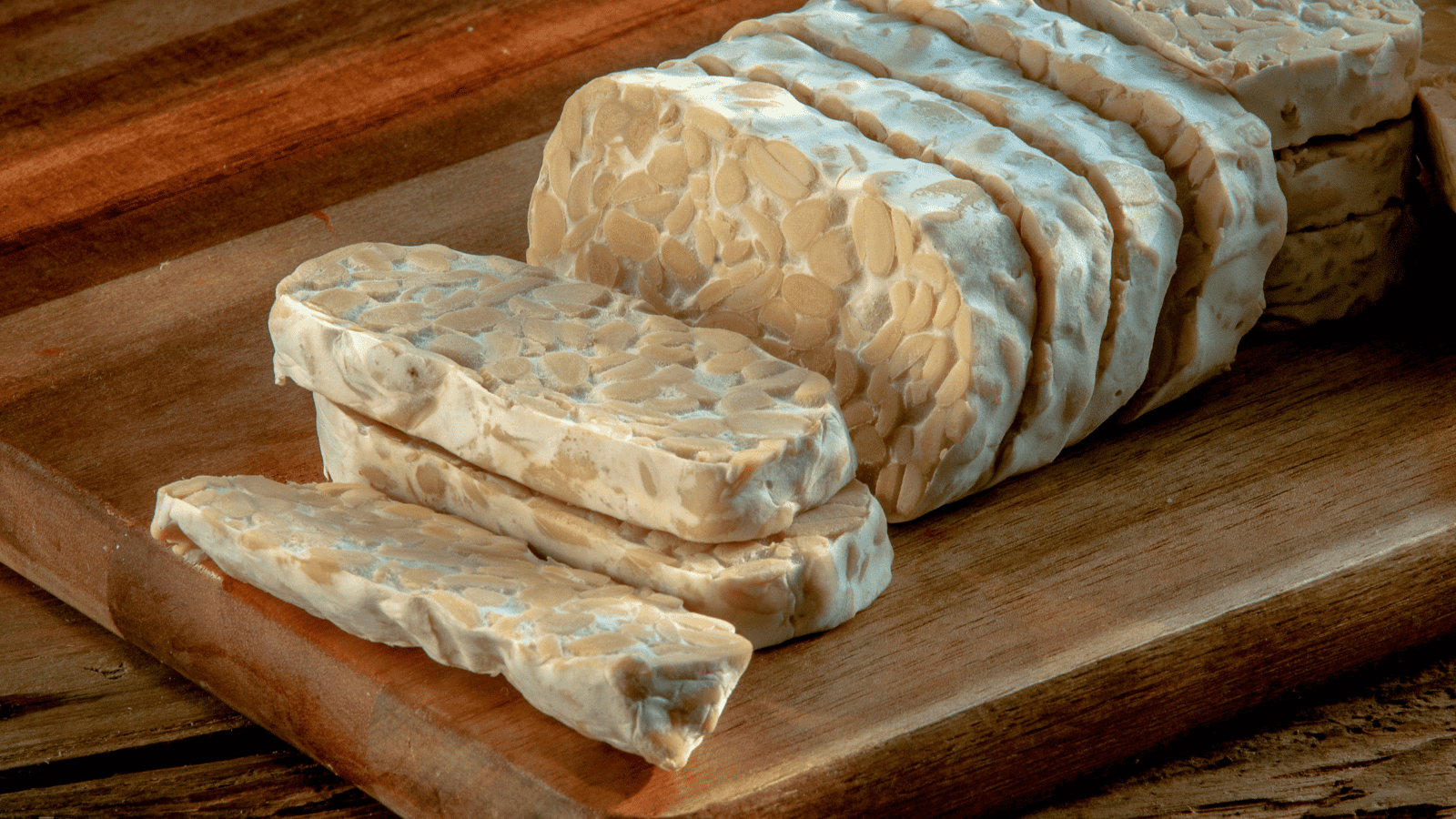
If you’ve never heard of tempeh before, it’s about time we introduced you. Unlike its cousin tofu, tempeh is made from fermented soybeans, giving it a firmer texture and a subtly nutty flavor. This makes it perfect for slicing, grilling, or pan-frying. It also offers even more protein than tofu, with around 19 grams per 100 grams.
This makes it one of the most protein-rich soy-based foods available. When it comes to preparing it, you could mix it into stir-fries, layer it in sandwiches, or simply crumble it into tacos.
Greek Yogurt
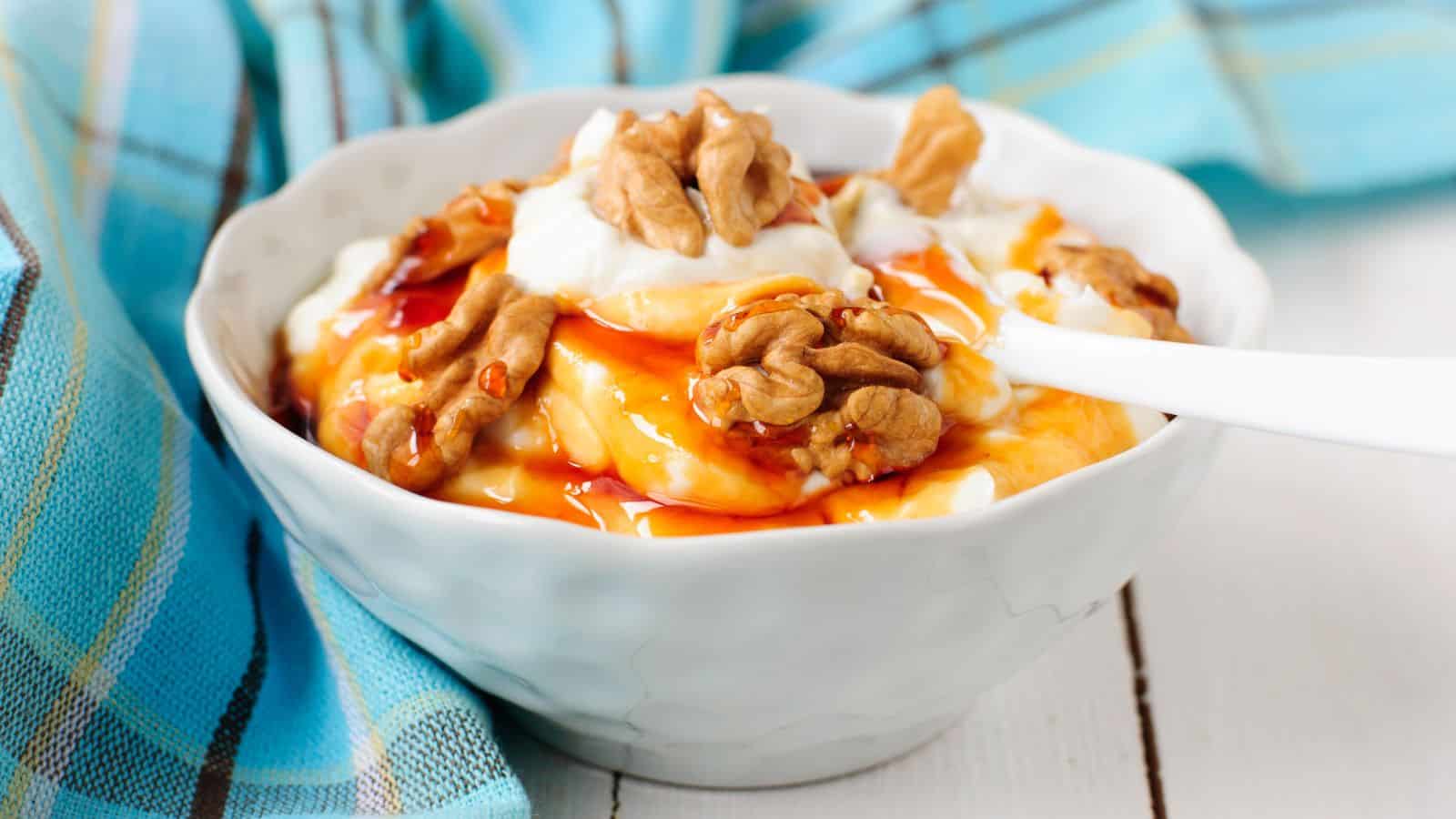
Who doesn’t love the creamy, rich texture of Greek yogurt? If you do, you’ll be glad to hear that it’s not only a delicious ingredient, but a standout source of protein, with approximately 10 grams of protein per 100 grams. Its thick and creamy consistency makes it a versatile addition to both sweet and savory dishes.
Cottage Cheese
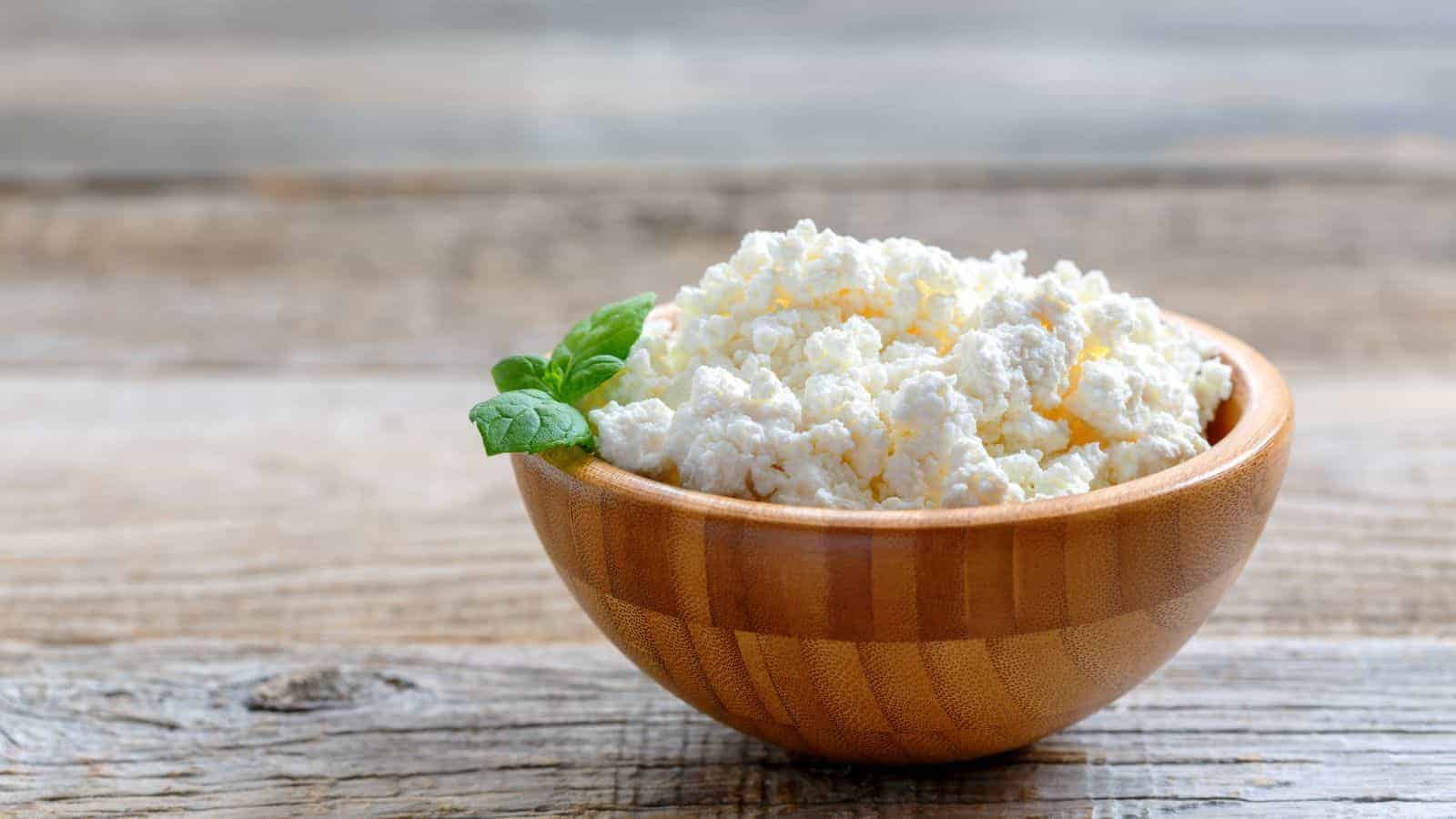
Cottage cheese may not be as popular as some other cheeses, but there’s no doubt that it’s one of the most nutritious. It boasts 28 grams of protein per cup, making it one of the most protein-rich options on our list. While many people turn their noses up at it, we think it’s definitely worth giving it a chance.
Seitan
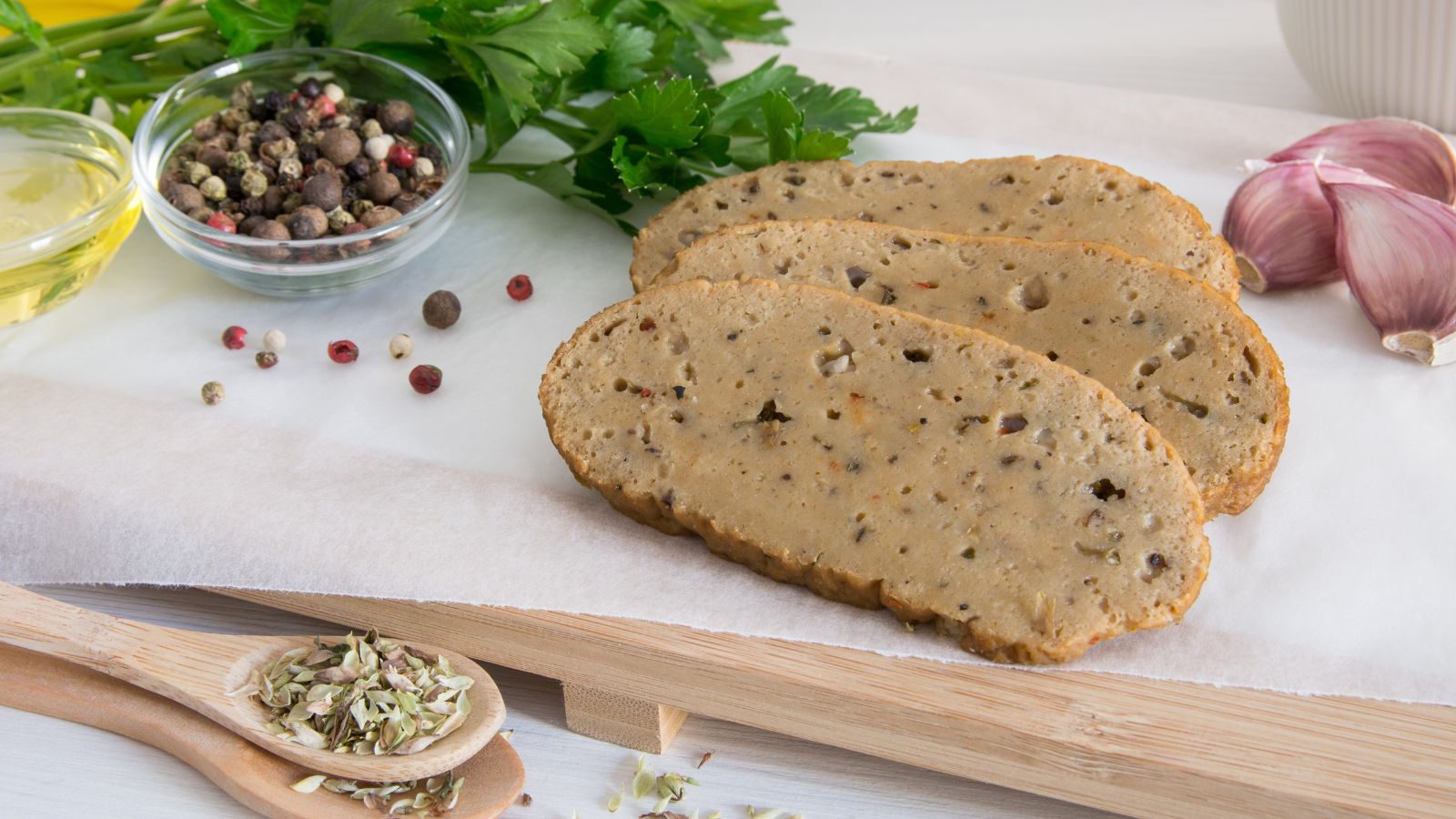
If you’re looking for a meat substitute with a meaty texture and plenty of protein, seitan is hard to beat. Made from wheat gluten, it delivers a whopping 21 grams of protein per 100 grams. Its neutral flavor allows it to absorb marinades and seasonings, making it an excellent choice for plant-based versions of dishes like fajitas, stir-fries, or even “chicken” nuggets. While not suitable for those with gluten sensitivities, seitan is a fantastic option for anyone wanting a hearty, high-protein meal.
Edamame
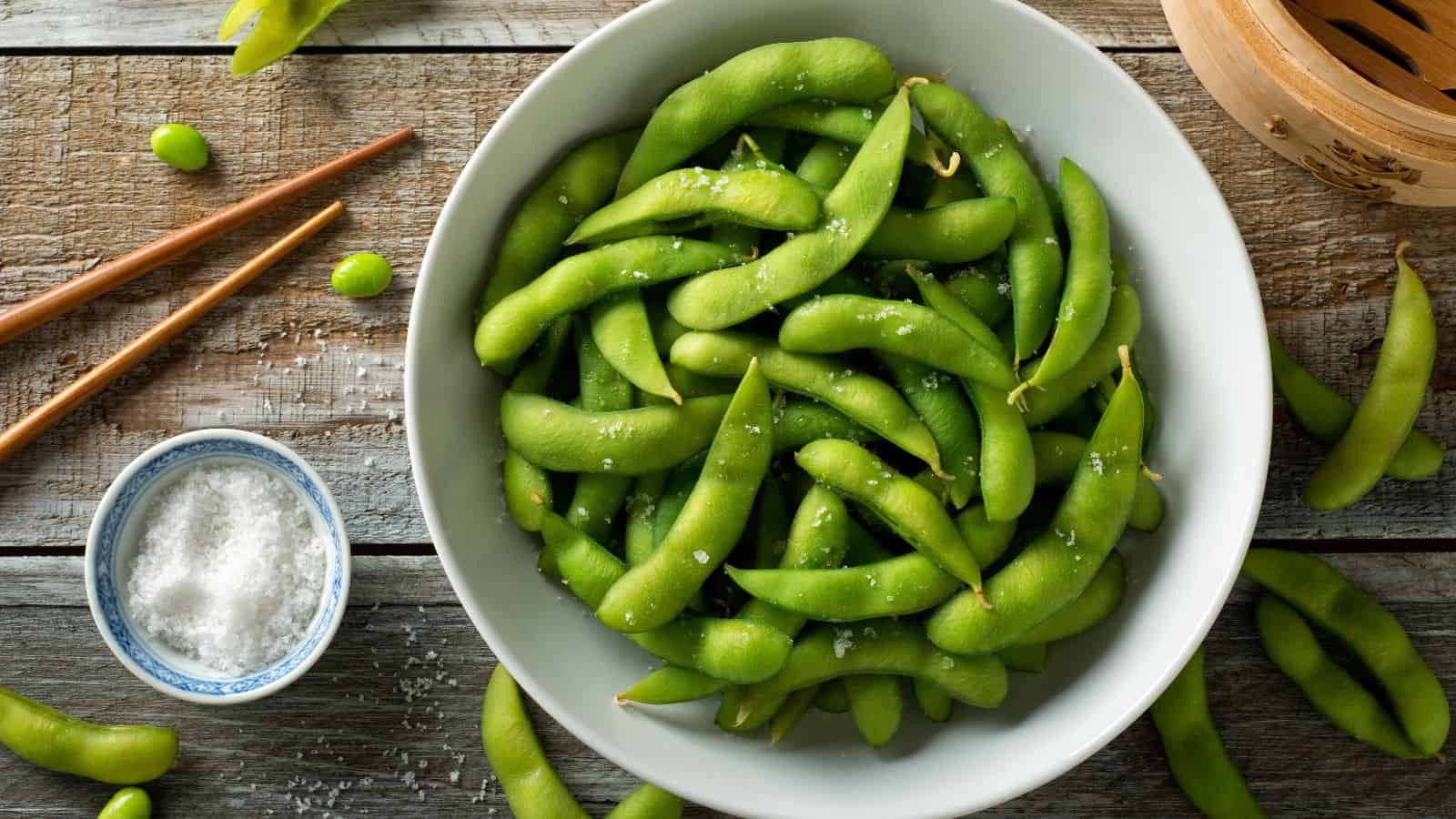
Not everyone knows that edamame beans are actually soybeans, which is why they’re so protein-rich. They offer about 18 grams per cooked cup, as well as plenty of other vitamins, antioxidants, and dietary fiber. You can serve them steamed and lightly salted or toss them into salads, grain bowls, or stir-fries for an extra protein punch.
Black Beans
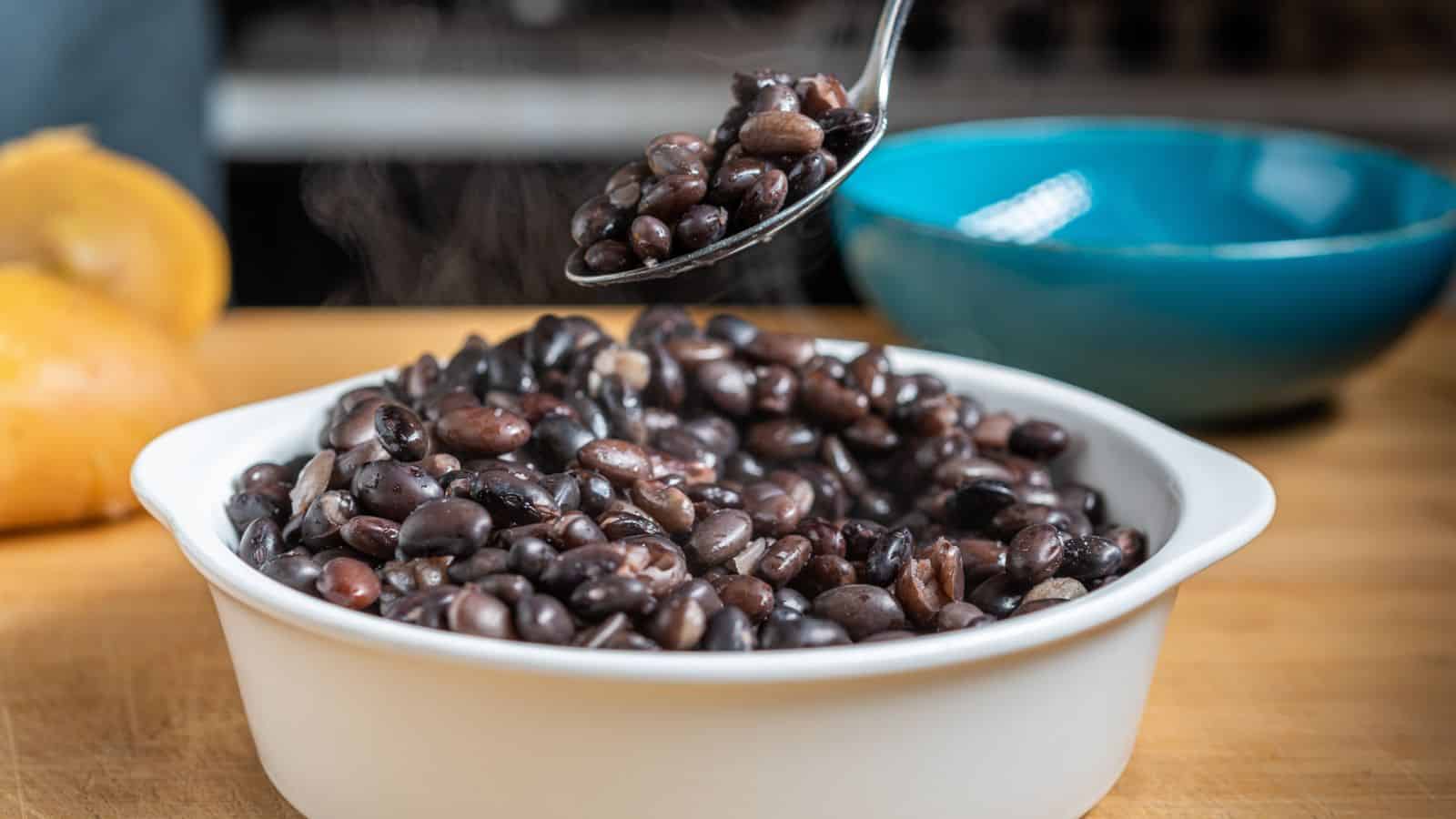
This one’s for the bean-lovers out there. Black beans provide around 15 grams of protein per cooked cup and are a staple in many cuisines, especially Latin American dishes. They’re rich in antioxidants and dietary fiber, making them a nutrient-dense choice.
You should definitely consider eating more black beans if you love hearty soups, spicy chili, or homemade veggie burgers.
Almond Butter
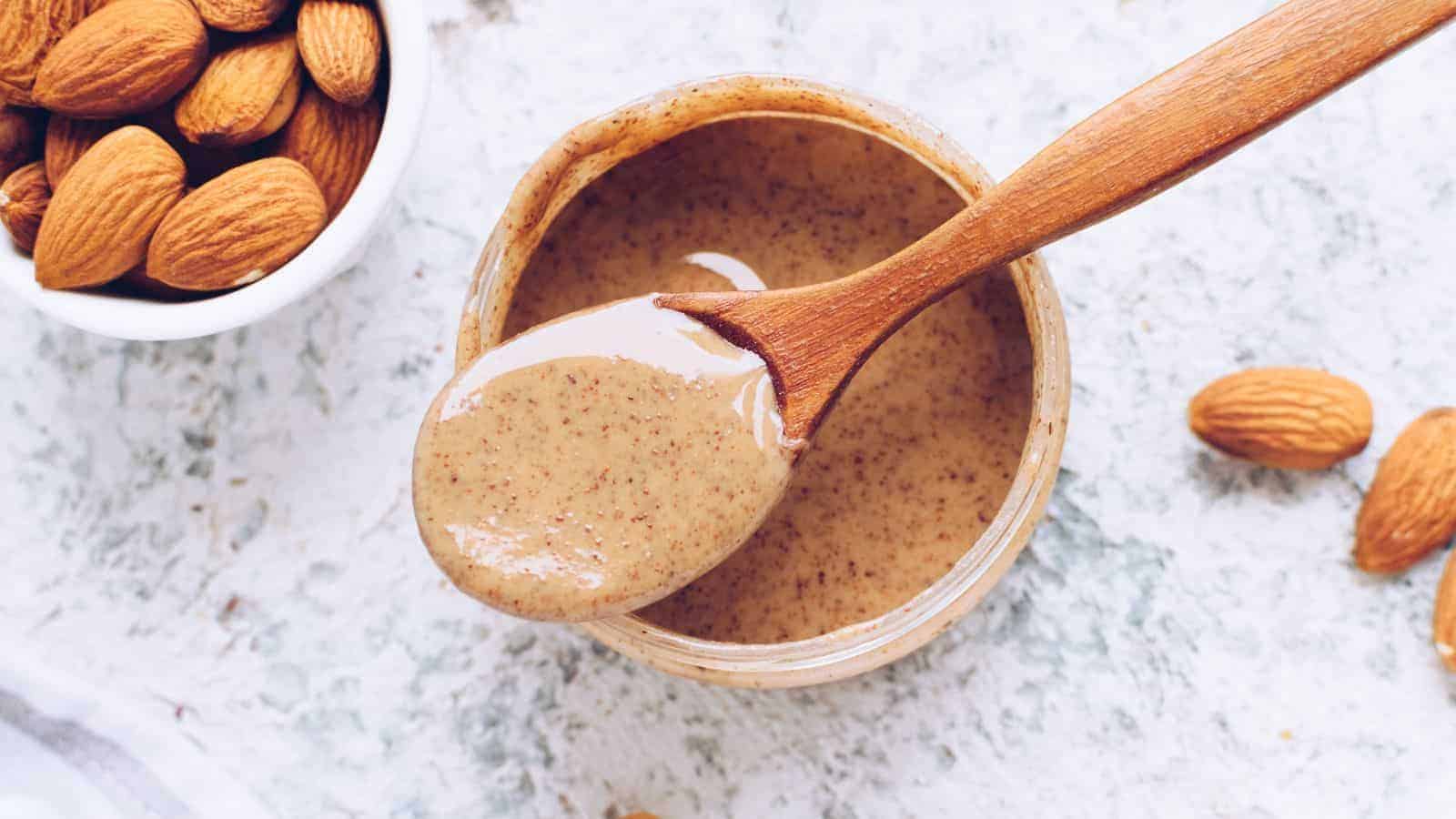
Just two tablespoons of almond butter will give you an incredible 7 grams of protein. This makes it a great alternative to traditional spreads if you’re looking for something more nutritious.
You can swirl it into a smoothie, spread it on toast, or drizzle it over pancakes. Its rich, nutty flavor also pairs beautifully with fresh fruits like bananas or berries.
Pumpkin Seeds

Pumpkin seeds may be small, but they have a whole lot to offer. They’re nutritious, protein-rich, and add a little extra crunch to any meal. Try sprinkling them on your morning yogurt or oatmeal for an extra nutritional boost, or use them as a garnish for soups and salads. They’re also a great source of magnesium and zinc, which are essential for immune health and energy production.
Chia Seeds
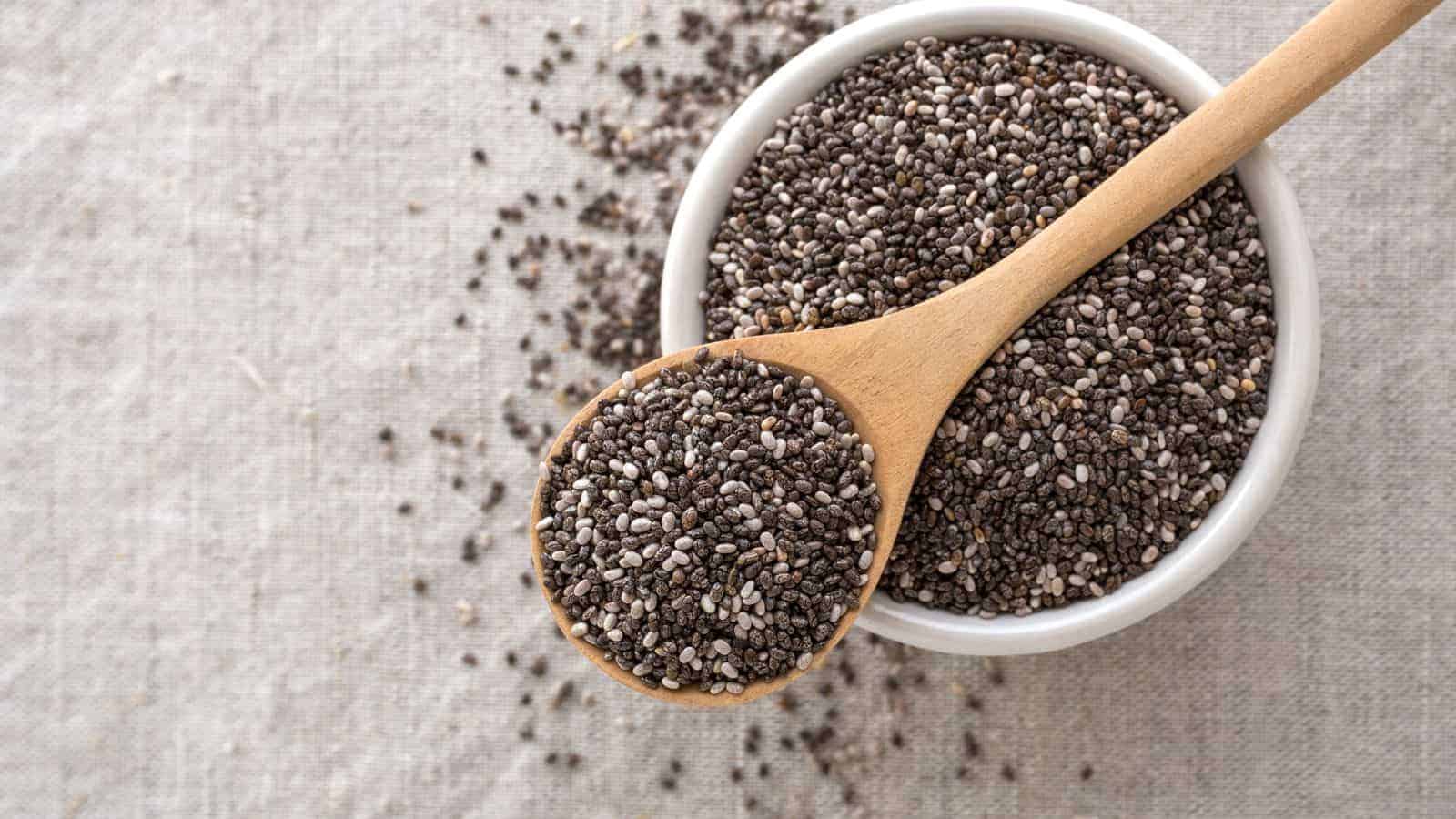
Despite their tiny size, chia seeds pack a protein punch with about 5 grams per two tablespoons. If you have the patience to soak them, they transform into a gel-like texture that makes them ideal for puddings or thickening smoothies.
If you’re baking, chia seeds can also act as a vegan egg substitute when mixed with water. Aside from protein, they’re loaded with fiber and omega-3 fatty acids.
Peanuts
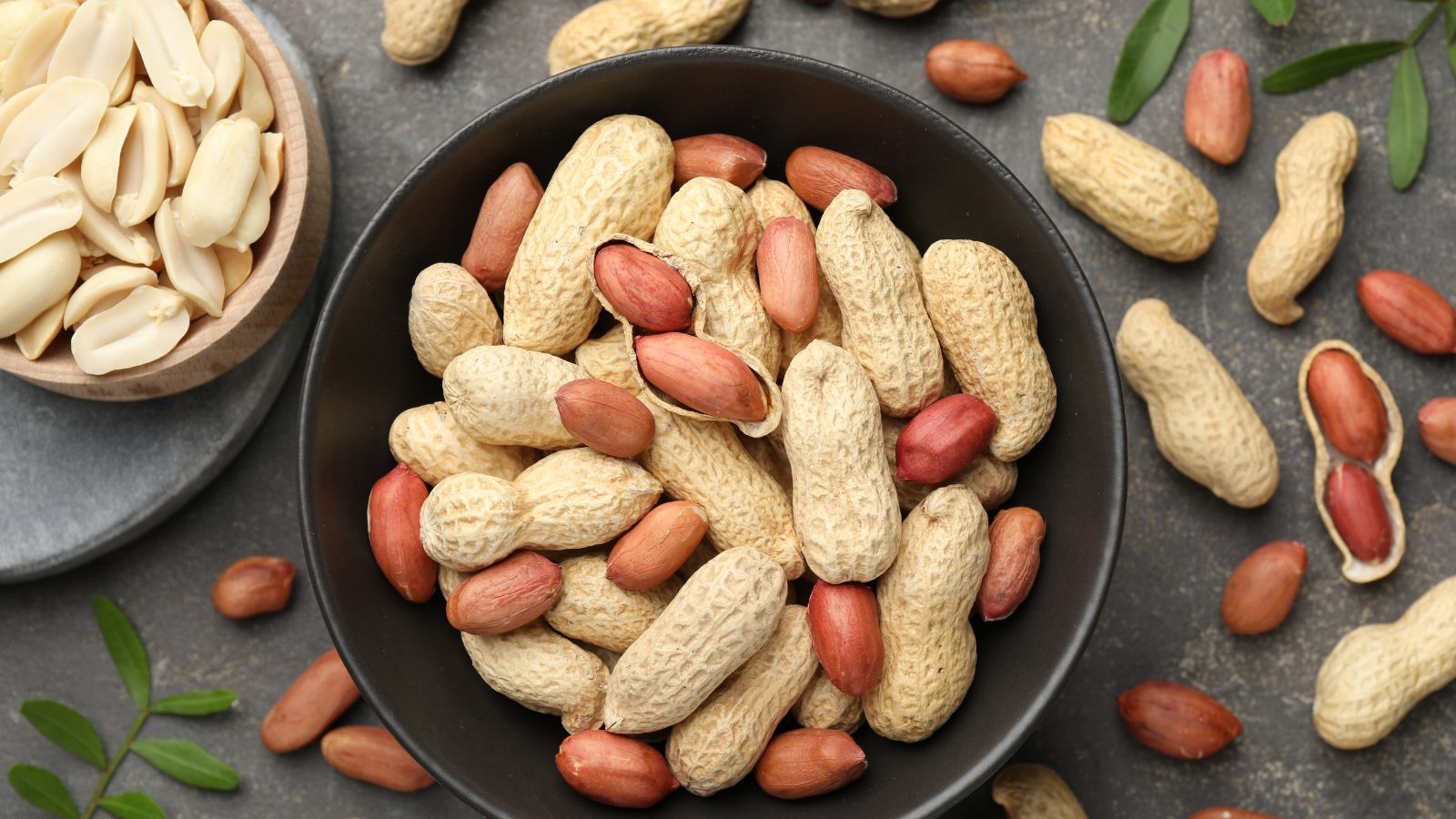
If you thought peanuts were just a tasty snack, it’s time to think again. Peanuts provide about 26 grams of protein per 100 grams, making them a convenient way to increase your intake. A handful can satisfy hunger on the go, while peanut butter is a pantry staple for everything from sandwiches to sauces. Adding crushed peanuts to stir-fries or salads gives dishes a satisfying crunch and extra nutrients.
Hemp Seeds
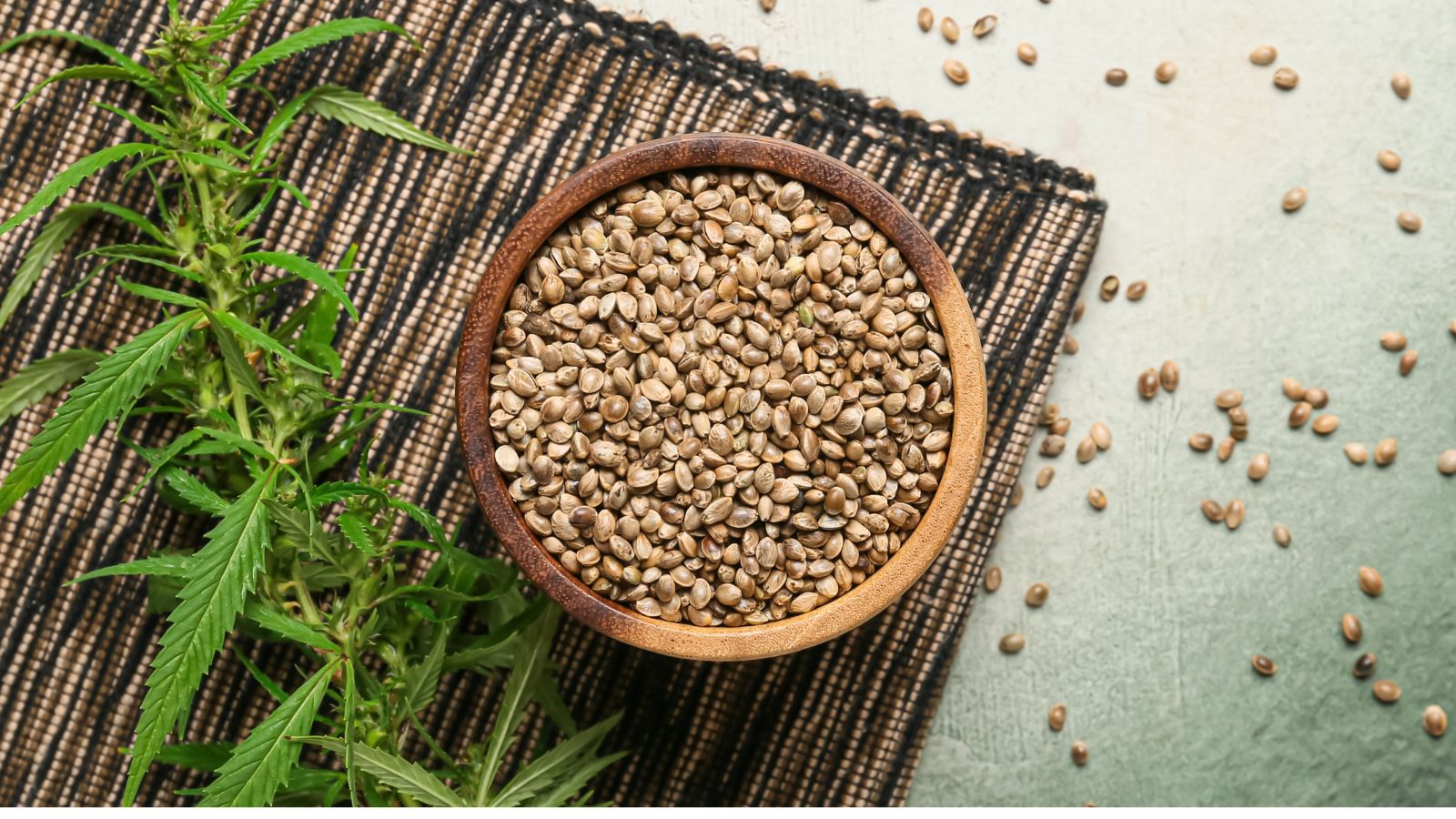
Yet another tiny snack with a whole lot to offer is hemp seeds, also known as hemp hearts. These tasty little guys contain around 10 grams of protein in just three tablespoons. As a complete protein, hemp seeds include all nine essential amino acids, so it’s no wonder nutritionists are always recommending them.
They’re also a great source of omega-3 and omega-6 fatty acids, supporting skin and heart health.
Salmon
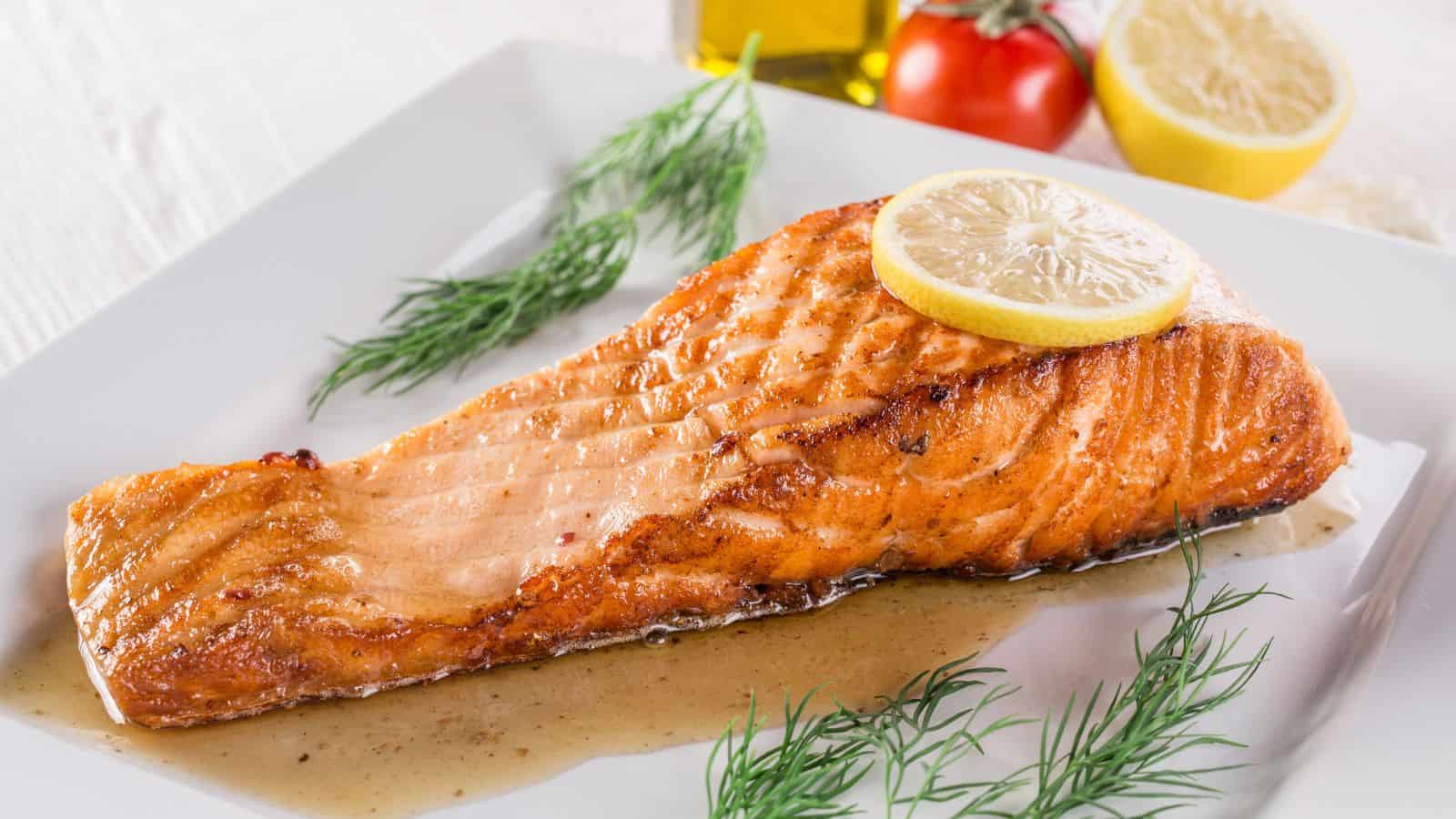
If you want the nutritious benefits of meat without the downsides of cholesterol and saturated fat, it’s time to eat more salmon. This fish is known for its rich flavor, but it also comes with a whole lot of health benefits, like 25 grams of protein per 100 grams and its high omega-3 content. You can bake it with a simple herb crust, grill it with a glaze, or even use it in a hearty fish stew.
Chicken Breast
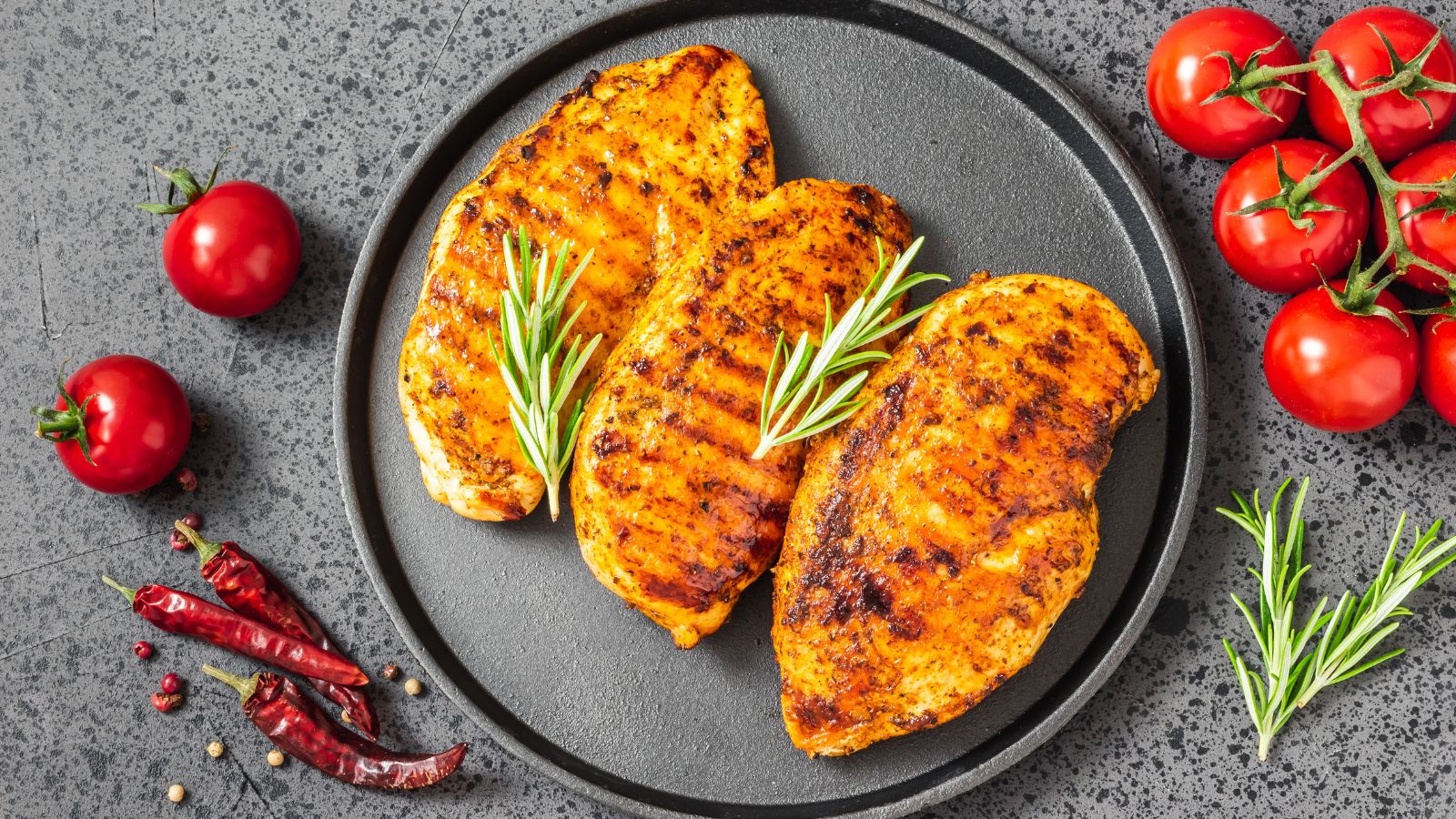
Chicken breast is another great option if you love meat but are looking to cut down on the unhealthy kinds. It contains roughly 31 grams of protein per 100 grams, making it a go-to for athletes and health-conscious eaters. Sliced into salads, shredded for tacos, or roasted with herbs and spices, it fits into many recipes perfectly.
